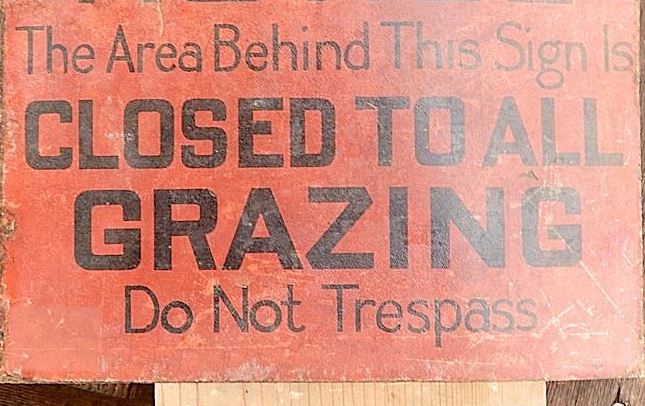CO proposes animal cruelty initiative would impact animal ag
A proposed 2022 ballot measure in Colorado would devastate animal agriculture as we know it. The Protect Animals from Unnecessary Suffering and Exploitation (PAUSE) initiative was introduced in late February and would alter animal cruelty laws, vastly impacting how producers care for their animals.
The initiative would amend Colorado Revised Statutes 18-9-201, which defines animal cruelty. In addition to new definitions of animal cruelty, “natural lifespans” would be defined for species as the following: 20 years for cattle, 8 years for chickens, 10 years for turkeys, 6 years for ducks, 15 years for pigs, 15 years for sheep, and 6 years for rabbits.
The initiative would instate that each species would be required to reach one-quarter of their natural lifespan prior to slaughter. Meaning, cattle would have to reach the age of 5 before being sent to market. This would also criminalize the slaughter of veal and lambs.
Not only would this have a huge economic impact on how animal production in the state functions, but it would remove Colorado’s ability to export to some markets like Japan, which does not allow beef from cattle older than 30 months.
The measure would also change the language in the law regarding a sexual act with an animal. The current language defines a sexual act with an animal as an “act between a person and an animal involving either direct physical contact between the genitals of one and the mouth, anus, or genitals of the other.”
The measure would also change the language in the law regarding a sexual act with an animal. The current language defines a sexual act with an animal as an “act between a person and an animal involving either direct physical contact between the genitals of one and the mouth, anus, or genitals of the other.”
The initiative would add a “sexual act with an animal also includes any intrusion or penetration, however slight, with an object or part of a person’s body into an animal’s anus or genitals.” The new language would effectively criminalize animal husbandry practices such as artificial insemination, pregnancy checking, and other reproduction-related activities.
The current law reads that nothing in the section about sexual acts “shall be construed to prohibit accepted animal husbandry practices,” but the initiative strikes out “accepted animal husbandry practices” entirely and replaces it with “any person from dispensing care to an animal in the interest of improving that animal’s health.”
In a Facebook live video, Terry Fankhauser, Colorado Cattlemen’s Association executive vice president, said, “We believe this limits the veterinary care act tremendously. It does not stipulate that veterinarians can do a number of things, yet limits the use of good animal husbandry practices, ultimately limiting the welfare of animals as a whole.”
He added that in his opinion, “This is not about animals, this is about fighting animal agriculture.”
The fiscal summary of the initiative shows additional staffing at the Department of Agriculture to assist in investigating animal cruelty investigations would cost approximately $200,000 per year. The summary also reads, “By significantly extending the period of time that livestock must be raised and cared for prior to slaughter, the initiative will increase costs for meat producers and increase the price of meat products paid by consumers.”
In addition, longer periods of care would result in higher demand and prices for commodities such as feed and grain. The summary noted the initiative might shift consumer demand or production activity to other areas of the economy as a result of higher production costs.
Initiative hearing
A title board hearing for the initiative was held March 17, and the title was set and approved.


Maybe Colorado can feed the problems to the timber wolves they talk about being more of to the state. ( sounds like California )